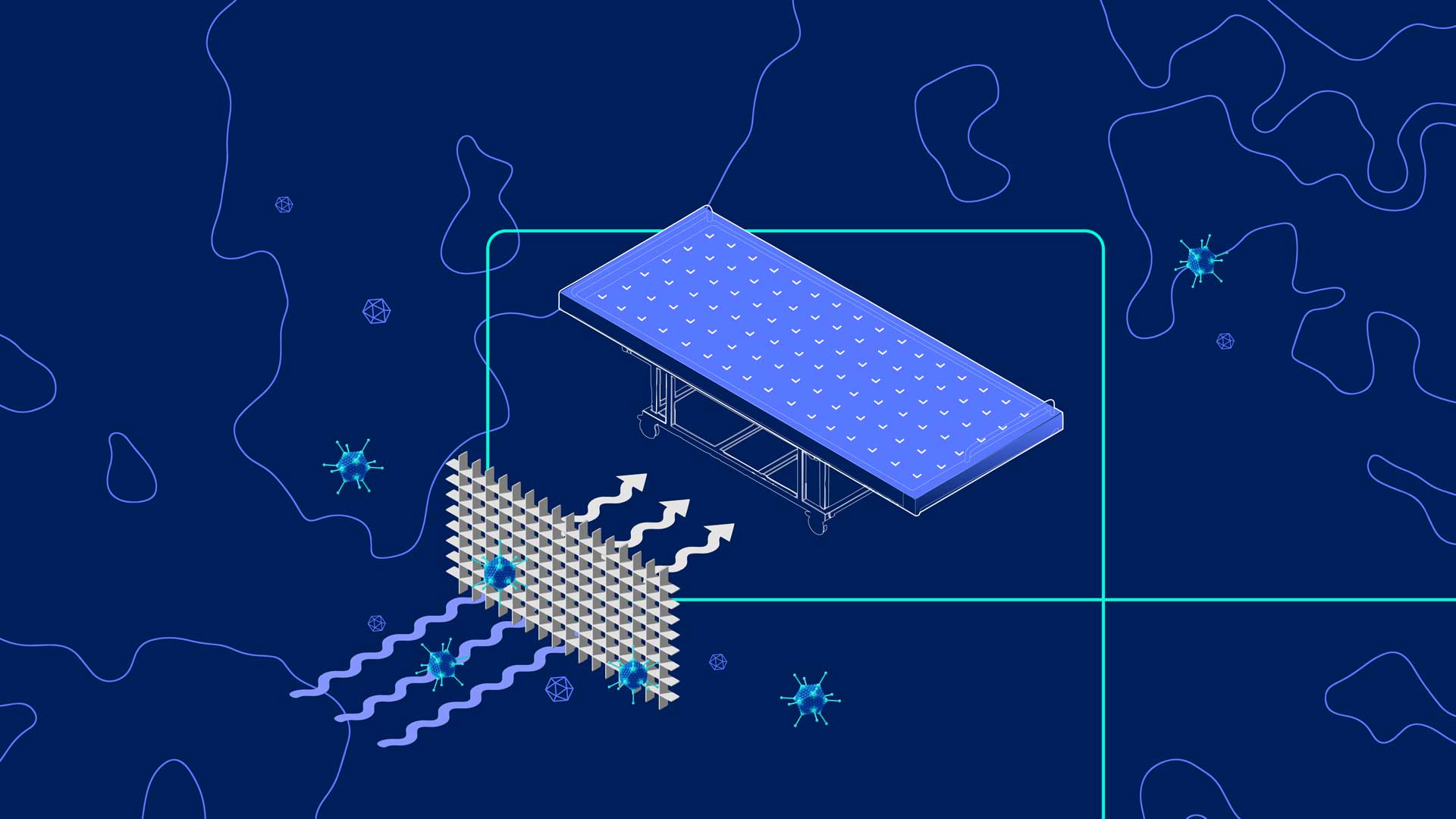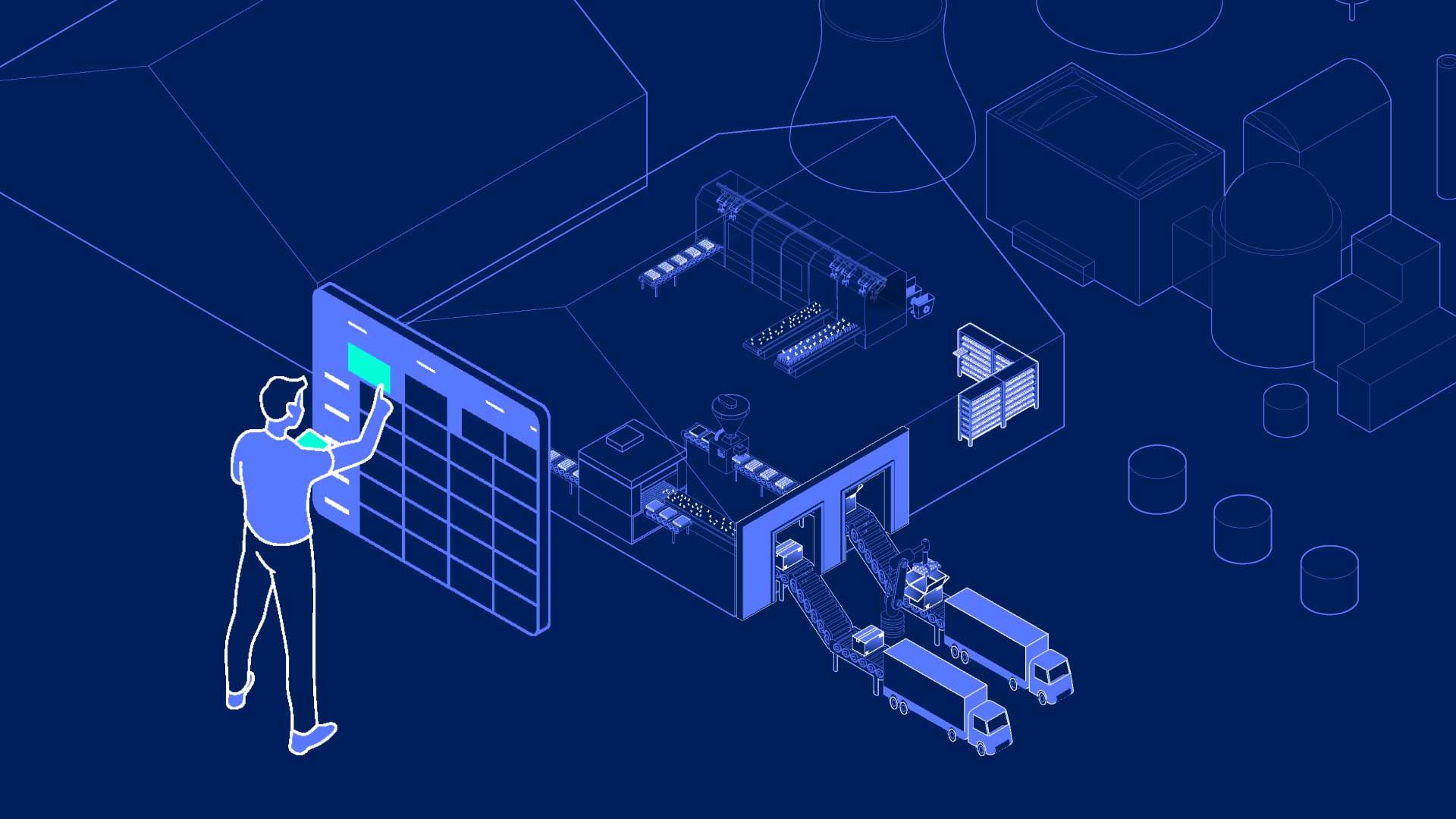The Middle East is a region faced with significant food security challenges both in terms of capacity for production and over-reliance on imports. While the COVID-19 pandemic has highlighted these challenges, the proactive approach being taken by various governments and organisations within many parts of the region is likely to make a demonstrable change in both these areas.
With the emphasis on securing sustainable food supply chains and enhancing food security, speed and scalability are going to be key. The importance of plug-and-play technological systems, which are proven and fully optimised, is crucial.
To gain a perspective ‘on the ground’ we were delighted to have had the chance to talk with Kenny McCrae and Christina Porter from International Real Estate Partners (IREP) who are both based in Dubai.
Interview
Q) Can you share some background to IREP or International Real Estate Partners and the areas of focus for your business?
KM – IREP is a multi-disciplinary consultant and management company providing predominantly facilities management services. We do have an array of other disciplines such as facilities, consultancy, lease advisory, and asset management. With that comes IoT technology and energy management tools. We operate with 25 entities around the world. We service over 80 countries and our strategy is to provide these services based around optimisation and cost savings reductions.
We’re lucky that COVID-19 hasn’t had a negative impact on our business and we have been working to support our clients. We are an evolving business and very glad to be part of the IGS solution community.
Q) As we navigate through this pandemic, how imperative is food security for the Middle East?
CP – The COVID-19 pandemic has highlighted the immediate need and opportunity for every country to strengthen food production for local consumption, as well as improving food security through business models that focus on local community-led initiatives and use sustainable practices.
For the Middle East, agriculture is a very important part of the region’s economy. Many areas suffer with harsh environments, a shortage of water and very little arable land, so food security has always been important.
It has been a top priority for the leadership in the UAE and they have really learnt from previous crises. They’ve used this foresight to undertake a number of measures which have really helped during the current crisis, setting up a food security alliance that consists of 14 national companies and includes strategic storage for the main food commodities. In 2017, the Government appointed Her Excellency Mariam bint Mohammed Saeed Hareb Al Mheiri as the Minister of State for Food Security to streamline all the initiatives to make sure we are really fully prepared for emergencies, such as that we’re facing with COVID-19. It is also worth noting that in 2018 the Food Security Office in the UAE launched its National Food Security Strategy 2051 with a vision to becoming a world leading hub for innovation-driven food security.
Q) How much emphasis is being placed on reducing food imports into the UAE?
CP – The UAE and Saudi Arabia imports approximately 80-90 per cent of all its food. Increasing local food production is a top priority and the Government is placing a huge amount of emphasis on reducing this by focusing on the adoption of agricultural technology and adapting renewable resources as a key element of production. Another consideration for the Government in the UAE, however, is that the population is projected to reach around 11.5 million by 2025, an increase of nearly 20 per cent, which presents a major challenge for both the economy and food security.
Q) If you consider agritech solutions, how important do you believe these will be in addressing the imbalance in import/export models in the Middle East regions?
CP – I believe they are integral to addressing this imbalance which has built up over centuries. Previously it proved impossible to change, but the emergence of agritech solutions has given countries such as Saudi Arabia and the UAE real levers to do this.
This reliance on food imports has built up due to a combination of the growing populations and the difficulties in farming in these countries, given the harsh growing conditions. As such, the emergence of agritech is one the region has taken very seriously. The Food Security Office has put in place a range of initiatives to drive agritech in the UAE which is great. They are increasing their marketing campaigns to attract and support agri-businesses and show that they can lead the development of a more profitable and carbon neutral agriculture sector. They believe agritech is sustainable, builds resilience and is a robust system for the future and will allow a wider variety of produce to be grown all year round.
"It will take a combination of the Government, private sector and the local populations to drive it forward and help reduce our 90 per cent food import figures."
However, I’d say it is not just the Government that will help move this more sustainable approach forward. It will really take a combination of the Government, private sector and the local populations to drive it forward and help reduce our 90 per cent food import figures.
Which agritech solutions are generating the most interest in your regions particularly at the moment?
CP – The broader region has created various programmes, incentives and policies to make it a magnet for agritech start-ups and innovators. This is already producing results and attracting a huge amount of interest from technology companies and solutions from all over the world. However, the solutions that I believe are generating most interest are the ones that can deliver full control over the environment such as the technology IGS has within its systems. That is hugely important.
KM – I also think this region is very good at embracing new technology. Agritech offers two key benefits: the opportunity to explore and adopt new technologies from around the world as well as resolving a major local issue.
Q) How important is scientific input or verification of such technology systems in the Middle East?
CP – It is very important, and a lot of companies have come to the region and have failed due to their technology and systems being unable to cope in the harsh weather we get here during the summer months. In the Middle East there is considerable focus on the science behind the product offering: the research that has gone into it and its development. For example, what IGS has in its patented and proven technology as well as the collaboration with the James Hutton Institute creates a huge amount of interest. That transfer of knowledge is very important in this region.
Q) In terms of system adoption for agritech solutions, how essential would you say that ease of installation and potential scalability are versus a fully bespoke system?
KM – It is essential and an absolute key selling point that we have this type of model. Interested customers are definitely looking for flexibility but they also require scalability to develop their systems and align to their business demands. They are more likely to commit initially to a small scale installation and use this as a proof of concept: they tend to test before buying big. They will typically have a view to expanding once they have tried and tested the system. For example, we currently have active customers looking to purchase smaller numbers of IGS’ Growth Towers with a view to adding more, further down the line. Potentially you could then look at 50-60 Growth Towers in total.
From a business point of view, customers are typically keen to approach this new development with a phased approach as it is a new venture and financially more viable than the alternatives. The modular design allows for scalability whilst maintaining the technical operational optimisation of the IGS farm, which is a major selling point of the design.
“They are keen from a business point of view to approach this new development in a phased approach as it is a new venture and financially it is more viable.”
Q) What sort of emphasis is being placed on proven project methodologies when considering these types of agritech solution?
KM – I think as a global business we are very aware that you can’t take a model from the UK and just drop it into the Middle East. We have therefore developed a review system for IGS and prospective customers to really ensure that we have a fully compliant and environmentally appropriate vertical farm. This includes everything from the construction envelope in the often harsh environment, access considerations when you go from high deltas and ambience from the internal design temperatures of the farm and humidity levels to external middle eastern summer conditions, which can get to 50 degrees Celsius with 80 per cent humidity.
Full project management and compliance is vital. In the UAE we have multiple different compliance codes, and even more in Saudi Arabia. We have to consider all those aspects alongside how to operate the model, and the maintenance it might require, ahead of the deployment of the system to ensure that we can support the delivery of its primary function: as a vertical farm.
Q) Looking more broadly how do you envisage food production and supply chains evolving in the Middle East in the next say three to six years?
KM – The UAE caters for over 200 nationalities so we are culturally very diverse. It is also a major tourist hub, creating demands for a huge variety of produce to cater for this. As we said earlier, the region imports 90 per cent of its foods but over the next three to six years I believe this figure will reduce dramatically.
This will be achieved by expanding the supply of locally grown produce starting to appear in supermarkets in the region. This produce is coming from the increasing deployment of available agritech solutions, offering people greater variety all year round, and at much more competitive pricing.
"The region imports 90 per cent of its foods but over the next three to six years I believe this figure will reduce dramatically."
Q) In terms of the referral partnership that has just been announced in agreement with IGS, what opportunities Kenny do you see this bringing for your business and IGS?
KM – IREP has strong existing client relationships, both in the UAE and in the Kingdom of Saudi Arabia. Across our business, driving optimisation, cost savings, reduced energy consumption, and new production methodologies in agritech will provide strong synergies. In today’s market there is such a focus on food security and food sustainability. We are seeing significant interest in both these areas, not only from those with whom we have existing relationships but also from new clients who are now approaching us directly.






.jpg)
